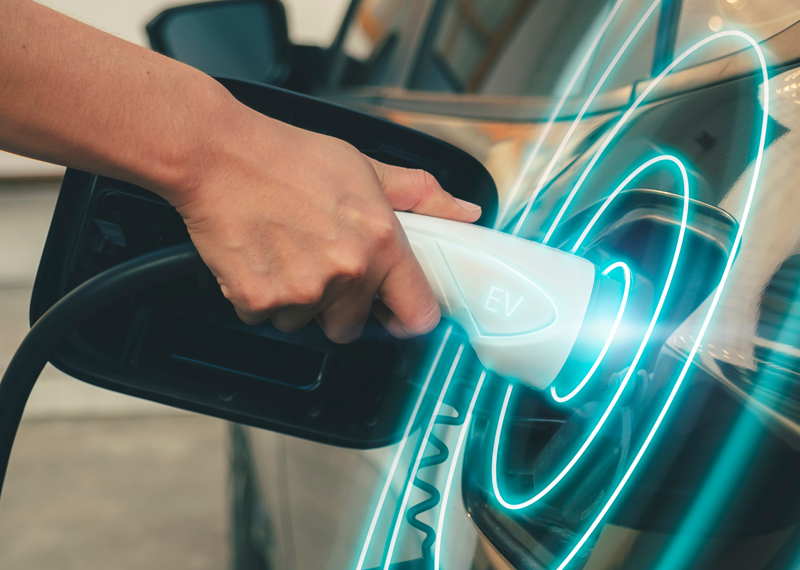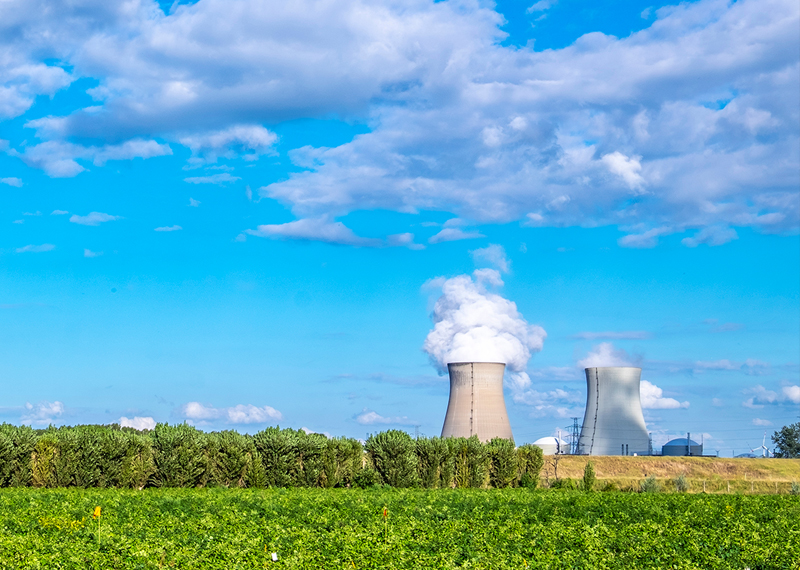Special Reports
March - 2025
Competition on Emissions: Coal Vs LNG
In January 2024, U.S. President Joe Biden issued a moratorium on the expansion of liquefied natural gas (LNG) exports, citing the need for a comprehensive assessment of the environmental, economic, and geopolitical impacts. A recent study by Professor Robert Howarth, which was cited among other sources to justify President Biden's moratorium, compared life cycle greenhouse gas (GHG) emissions of LNG exported from the United States to coal. According to Howarth's findings, LNG has a larger GHG footprint than coal and his study recommended that additional resources should not be allocated to further LNG projects. Is LNG a cleaner energy source than coal? What is the basis for Professor Robert Howarth’s assertions that coal has less of a GHG footprint than LNG? Are there feasible technological innovations that can make LNG and coal less polluting?
December - 2024
Trump 2.0: Implications for Energy, Environment, and Trade
The return of Donald Trump to the White House promises major changes in the United States’ energy and environmental policies and in broader areas that affect energy, including trade and international politics. However, Trump has sent mixed signals about the kinds of policy change he might pursue, and the individuals advanced for roles in his administration sometimes have incompatible positions. The most key implication of his presidency for energy may be greatly increased uncertainty and volatility.
What will be the main implications of the Trump 2.0 Presidency on energy, environment, and trade? Will fossil fuels take centre stage again, and will low-carbon incentives be scrapped? How big an mpact will the likely attempts to slow renewables and electric vehicle deployment have?
December - 2022
Are Electric Vehicles Really Green? The Truth About EVs
Electric vehicles (EVs) are touted as one of the pillars of a net-zero carbon future, along with renewable energy. Unlike internal combustion engines (ICE) that usually run on diesel or petrol (gasoline), they produce zero greenhouse gas emissions or other air pollutants from combustion at the point of use and continue gaining in “cleanliness” each year due to improvements in manufacturing processes and the “greening” of the electricity generation mix.
March - 2022
Impact on Energy Markets from the Russia – Ukraine Crisis
Russia is a critical global energy exporter: it accounts for 25 percent of world gas exports, nearly all to Europe, 18 percent of coal sales, and 11 percent of oil exports, as well as being an important supplier of metals, fertilisers and food. The Russian invasion of Ukraine has brought global energy supply chains to the forefront once again. Regardless of how this war will unfold, it will have a deep and long-lasting impact on the world energy markets, choices of suppliers and technologies, and paradigms of energy security. What is the impact of the crisis on oil & gas markets? What are the implications of the sanctions on Russia’s energy role?
July - 2021
Carbon Pricing Gains Traction
Around the world, climate change policies are tightening, and carbon pricing is playing a big part of that. Once carbon pricing systems are in place, countries can apply pressure to emitters at will – representing the stick part of any energy transition policy, alongside the carrot of possible subsidies and guarantees for cleaner options. New carbon markets have recently been introduced in China, the UK and elsewhere, while prices on the well-established European market have surged as credits are reduced and countries toughen climate change commitments. As prices rise, lower carbon options become more commercially attractive as high emitters incur additional costs.
May - 2021
Peak Oil? Forget Demand Peak, Peak Investment Deciding Future?
Since 2020’s COVID-19 global lockdown, an unexpected massive demand destruction of oil and gas, growing emphasis on a full
global economic reset of global economies, as shown in EU’s Green Deal, China’s Net-Zero by 2060 or the current Biden energy transition approach, the term Peak Oil has re-emerged in discussions again.
May - 2021
The Cyberattack: Colonial Pipeline
The Colonial Pipeline, the largest refined oil products system in the US, supplying 45% of east coast fuel, was shut down between 7-12th May by a cyberattack for ransom.
August - 2020
Can the market limit climate change?
The whole idea of carbon pricing revolves around the shifting of the social costs of climate change to the source of the pollution, encouraging polluters to reduce emissions and invest in clean energy and low-carbon growth. It encompasses a scenario where the cost of carbon emissions is paid at the source, in which choices about fuel use are made and not in the form of developmental, economic, and health costs. Such a scenario, which is the bedrock of the “polluter pays” principle, would lead to a complete revamp of the incentive structures and policy framework, underpinning global mitigation of carbon emissions.







